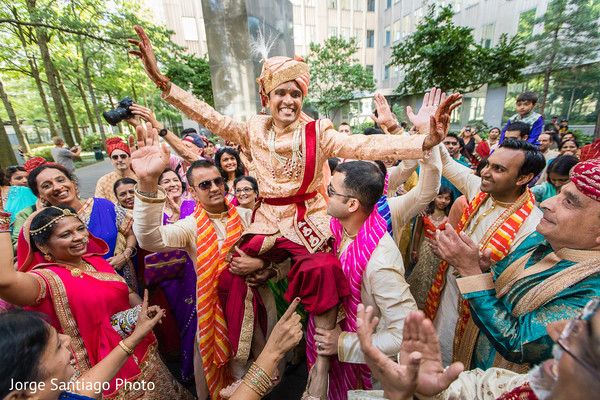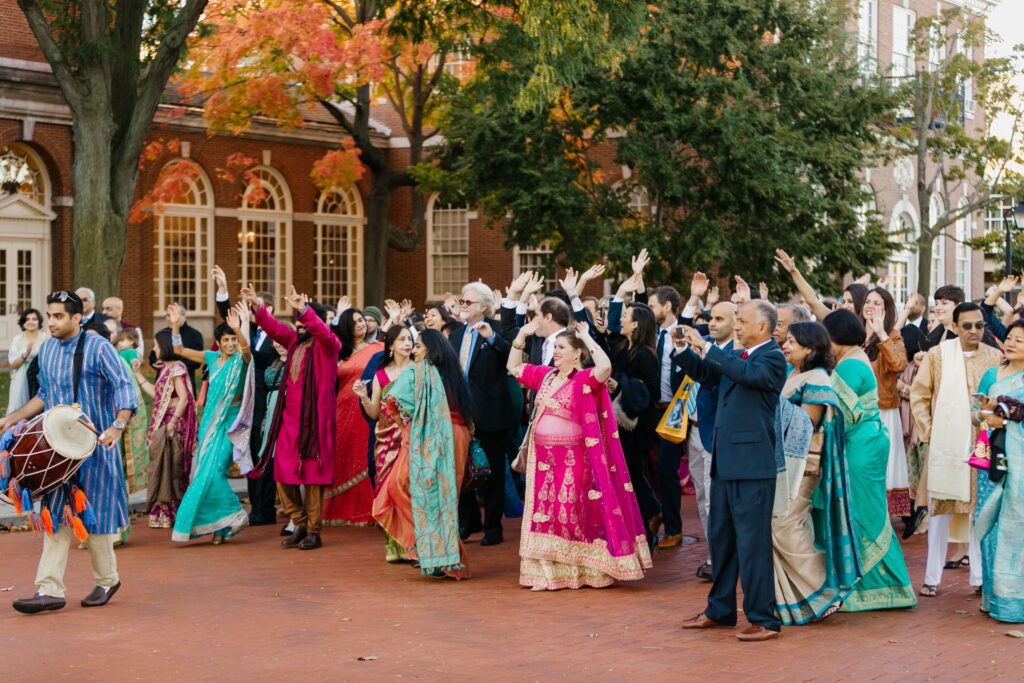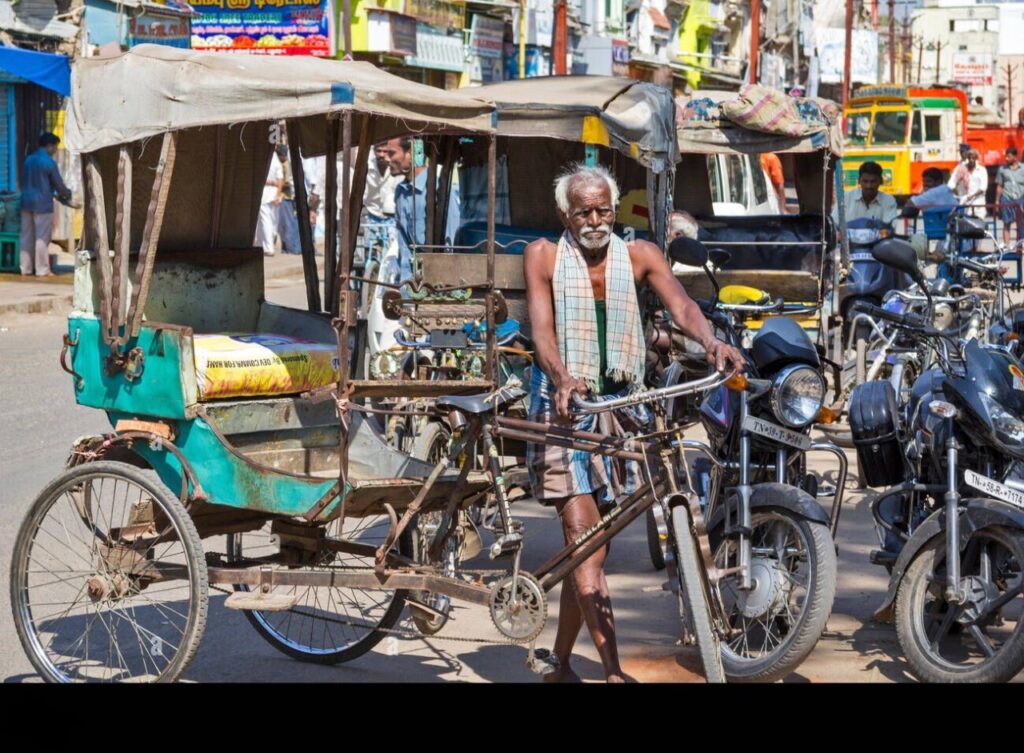The Case of the Missing Bride
By Lokanath Mishra
The year was 1987, and the air in Bhubaneswar, Odisha, thrummed with the joyous chaos of a traditional Brahmin wedding. Mandira, the beautiful, soon-to-be-bride, was a vision of elegance. The marriage, a daytime affair at a bustling hotel, was a celebration of two families coming together. Mandira, on the first floor of her family home, was putting the final touches on her look. A renowned beautician had meticulously crafted her bridal ensemble, draping her in a stunning red and gold silk saree and adorning her with family heirlooms. With a final flourish, the beautician announced her work was complete, assuring Mandira that her sister-in-law would arrive shortly to escort her to the venue.

Meanwhile, the groom’s party was a spectacle in its own right. Rudra, the groom, a handsome and nervous young man, had arrived with his boisterous baraat (wedding procession) at a smaller hotel near the venue. The air was thick with excitement as they enjoyed a hearty breakfast, steeling themselves for the main event. At the signal, the procession began its grand march toward the main hotel, complete with a brass band blaring festive tunes and a shower of fireworks.

At the hotel, a different kind of frenzy was building. The venue was decorated in a cascade of marigolds and jasmine, the air filled with the aroma of exotic spices from the ready feast. Guests mingled, eagerly awaiting the arrival of the groom and his party. Mandira’s father, a man of great pride, stood at the entrance with a priest, ready to perform the Bata Baruna—the ritual welcoming of the groom.

The music swelled, the crowd cheered, and Rudra and his family made their magnificent entrance. Handshakes, hugs, and laughter filled the air. Everything was perfect. Almost.
A ripple of confusion started to spread. “Where’s the bride?” a guest whispered. “She’s not here?” another asked. The families, caught up in the excitement, began a frantic, yet strangely uncoordinated, search. “She must be here somewhere,” someone insisted. “Maybe she went to freshen up,” a distant aunt suggested. No one considered the glaringly obvious fact that they had, in their celebratory haze, forgotten to bring the star of the show.

Back at her house, Mandira was enveloped in a silence that was far from serene. The quiet wasn’t peaceful; it was deafening. The last echoes of her family’s hurried departure had faded, leaving her in a room filled with nothing but her own anxiety. She was a radiant, golden-clad princess trapped in her own castle. Her family had not only left her behind but had locked the main gate in their haste. No phone, no car, no one to call.
Panic set in. With her heart pounding, Mandira, in all her heavy finery, found a small back door and slipped out. The three-kilometer journey to the hotel seemed like an impossible marathon. She walked as fast as her wedding attire would allow, hoping a family member would realize the mistake and come back for her. But the road was empty, and the only vehicles were a few slow-moving bicycles.

Just as she was beginning to lose hope, an old rickshaw pulled over. The driver, a kind, elderly man with a weathered face, saw the sight of the beautiful, distressed young woman in the middle of the road. “What’s wrong, beti?” he asked, his voice full of concern.

Mandira, tears welling up in her eyes, blurted out her predicament. The old man’s face transformed from concern to pure, unadulterated amusement. A hearty laugh rumbled from his chest, a laugh that made Mandira feel both ridiculous and strangely comforted. He then, with a flourish, took out a clean, folded blanket and placed it on the seat, a small gesture of dignity for a big moment. “Get in,” he said, “I’ll get you to your wedding.”

And so, the grand, luxurious wedding witnessed an entry no one had planned for. A beautiful bride, sitting with regal poise in a humble rickshaw, pulled up to the hotel. The sight was a comedic masterpiece—a silent film of a grand procession meeting a humble rescue. The crowd erupted in a mix of laughter, cheers, and stunned silence.
Mandira’s father, seeing his daughter’s unique arrival, rushed forward, his face a mix of relief and profound embarrassment. He embraced her, then turned to the rickshaw driver. With tears in his eyes, he handed the man a 100-rupee note—a princely sum at the time—and, to the driver’s delight, invited him to stay for the wedding lunch. The old man, brimming with pride, accepted with a grin that lit up his entire face.

As for the rest of the family, the story of the day they went to a wedding and forgot the bride became a legendary tale. It was the centerpiece of every family gathering, a constant, hilarious reminder of the day their excitement got the better of them. The bride was never unattended again.
